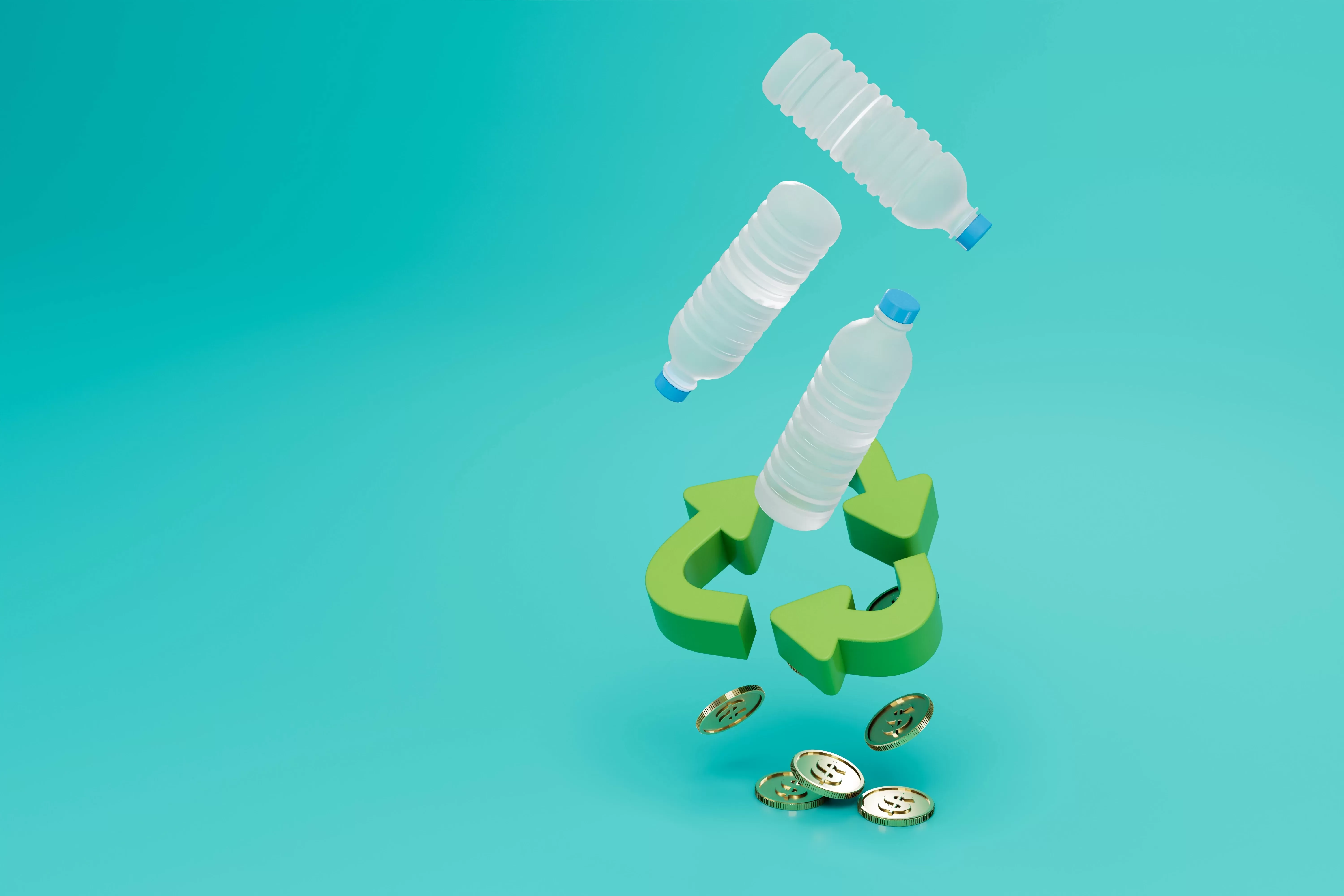
- CSR PLASTIC | Clean Society by Recycling | Sustainability
What is PET Recycling
What is PET Recycling?
What is PET recycling? PET recycling refers to the process of reprocessing used PET plastics and producing new products from them. These plastics are primarily found in beverage bottles, food packaging, and some cosmetic containers. The PET recycling process begins with the collection, sorting, and cleaning of used PET materials. These plastics are then broken down into small pieces and melted to create new plastic raw materials.
This new raw material is used in the production of various products such as textile fibers, automotive parts, and reusable packaging materials. This process helps conserve natural resources and is crucial for environmental sustainability. Recycled PET retains most of its original properties, making it safe and functional for use in various sectors. LDPE recycling processes also stand out by offering positive contributions to different industries.
Why is PET Recycling Advantageous?
PET recycling has numerous advantages, both environmentally and economically. Therefore, it can be confidently stated that PET recycling brings significant benefits. Here are the advantages of the PET recycling process:
- Environmental Protection: PET recycling prevents the disposal of used plastics in landfills or oceans, reducing environmental pollution and protecting natural habitats. PET plastics can take hundreds of years to decompose, releasing harmful chemicals into the environment during this process.
- Energy Savings: The energy required for new plastic production is significantly higher compared to production from recycled materials. PET recycling greatly reduces this energy consumption, thereby decreasing fossil fuel use and carbon emissions.
- Job Creation: The recycling industry offers employment opportunities. PET recycling contributes to economic growth by creating new job sectors. Additionally, recycled materials are generally cheaper than virgin raw materials, reducing production costs.
- Resource Efficiency: Recycling helps conserve limited natural resources. PET recycling extends the conservation of valuable resources like petroleum, promoting their sustainable use. Practices such as rPET recycling make it possible to leave a cleaner and healthier world for future generations. CSR Plastic conducts solution-focused activities to comprehensively complete the recycling process.
What Are the Steps of PET Recycling?
PET, or Polyethylene Terephthalate, is a popular type of plastic used in many packaging materials, especially water and beverage bottles. Recycling it is crucial for environmental protection and resource reuse. The PET recycling process consists of meticulous steps. Here are the stages of PET recycling:
- Collection: The process begins with the collection of used PET bottles by consumers and businesses. These bottles are separated from other waste before being sent to recycling facilities.
- Sorting: The bottles are separated from labels, caps, and other foreign materials and then washed.
- Cleaning: The cleaned bottles are ground into small pieces called flakes.
- Grinding: The ground pieces are washed again to remove any remaining dirt and foreign materials.
- Washing: The flakes are dried after detailed washing.
- Drying: The clean and dry PET pieces are melted at high temperatures.
- Melting: The melted PET is extruded into fine threads, which are then solidified and converted into granules.
- Reproducing: The granules are used to produce new PET products, such as textile fibers, new beverage bottles, or other plastic products.
What Are the Details of PET Recycling?
The PET recycling process plays a critical role in environmental sustainability. Quality control in the recycling process is essential for the safety and functionality of the final products. During the grinding and washing processes, the quality of the PET material is carefully examined. Recycled PET materials are usually sorted by color. PET recycling is an energy-intensive process.
The final products made from recycled materials vary. For example, some of these recycled materials are used as insulation material in the automotive industry, while others are used as polyester fiber in the textile industry. Recycling is not just a technical process but also a political and social issue. CSR Plastic contributes to the recycling process by taking on social responsibility.




